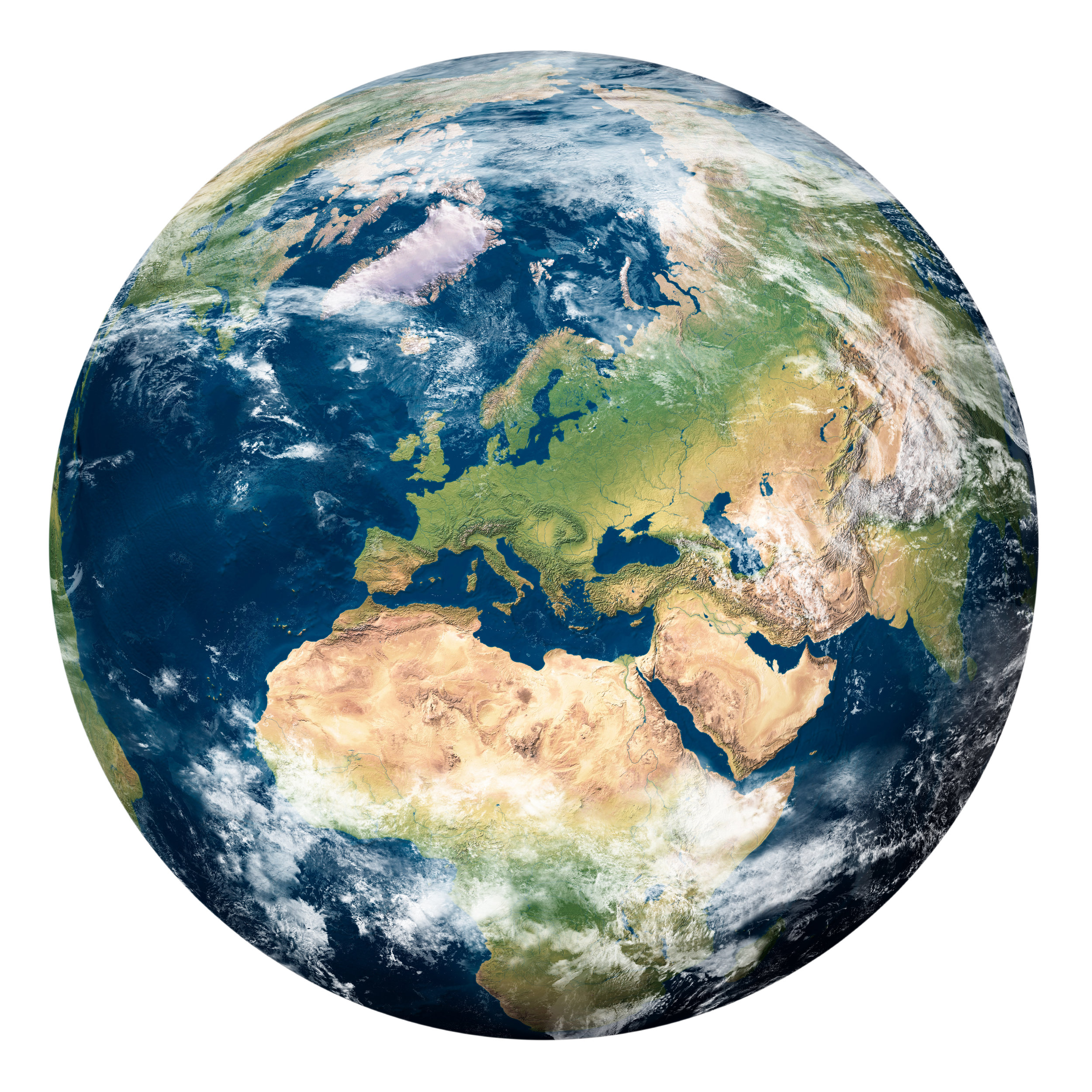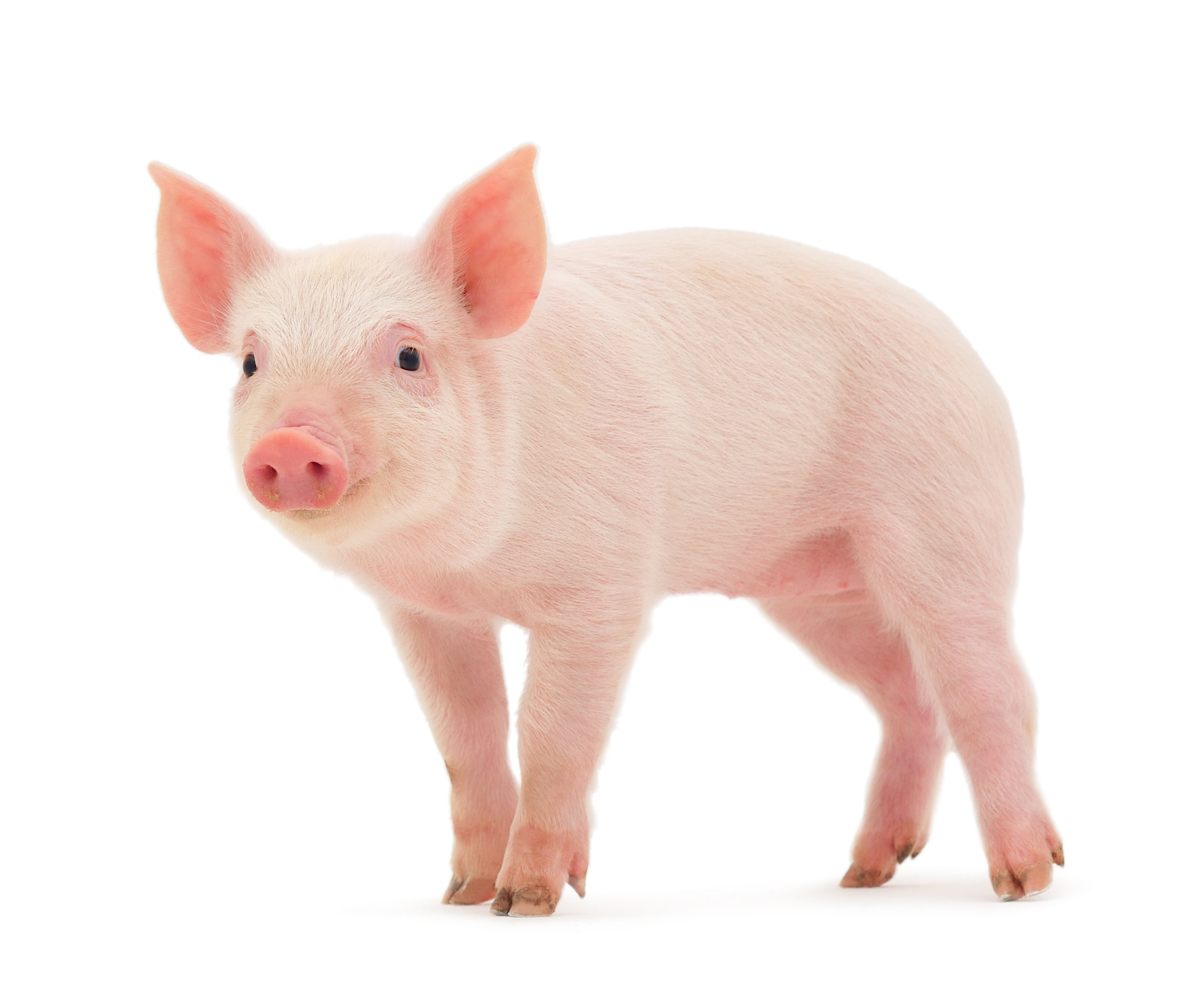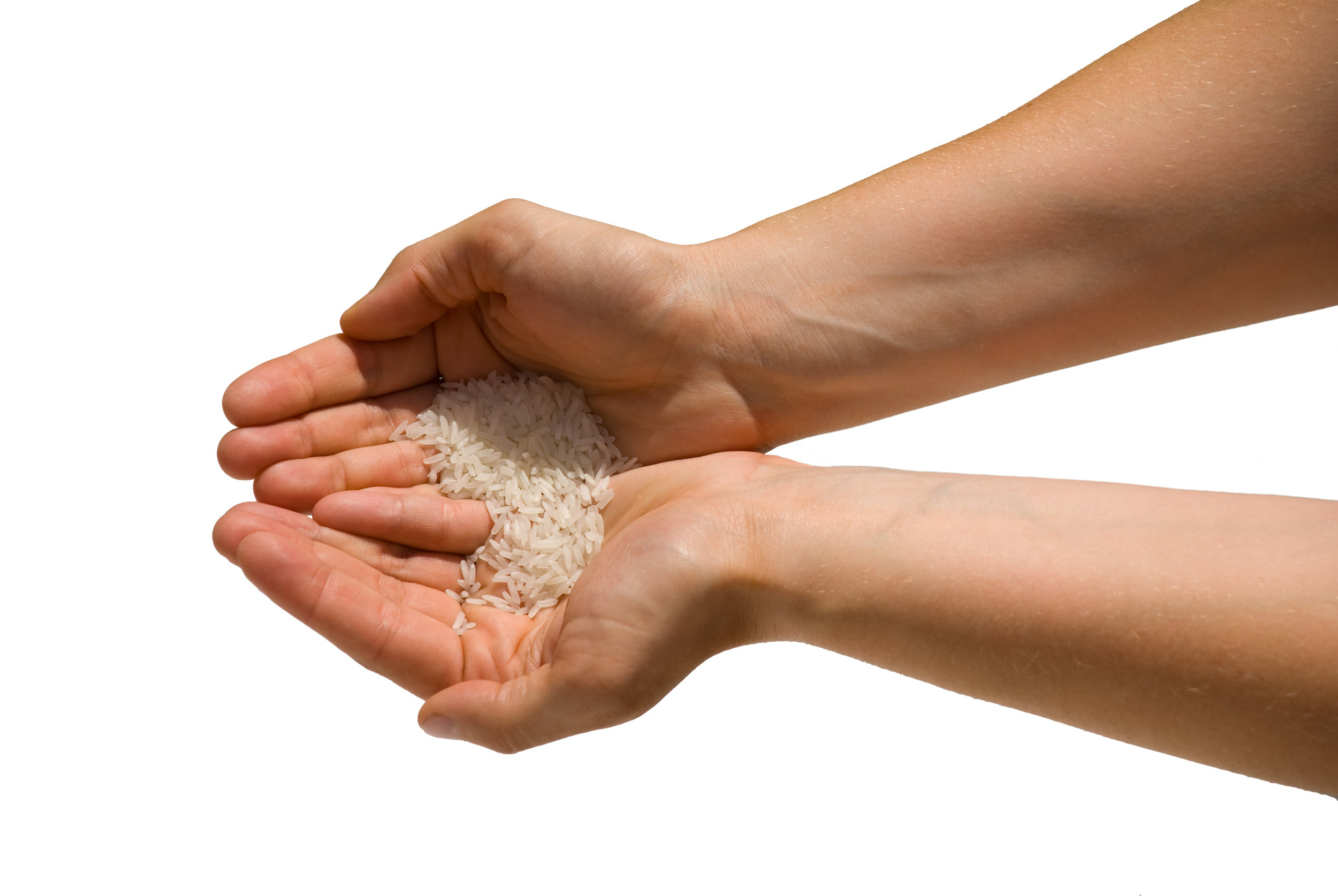VEGAN to save THE RAINFOREST
REAL LIFE AVATAR
Do you remember the 1992 Disney movie FernGully: The Last Rain Forest? What about Avatar? Which side were you on? Did you want to save the trees or were you ok with humans destroying them for their own greed? Since both of those movies came out, humans have been doing irreparable damage to our rainforest. The rainforest is essentially Earth's lungs and if we keep destroying it at the rate we already are, future generators will face serious consequences of our actions. The facts are alarming but are still truth. Every second we are destroying the rainforest mainly having to do with the food we choose to eat.
Animal agriculture is responsible for up to 91% of Amazon destruction.
1-2 acres of rainforest are cleared every second.
The leading causes of rainforest destruction are livestock and feedcrops.
Up to 137 plant, animal and insect species are lost every day due to rainforest destruction.
26 million rainforest acres (10.8m hectares) have been cleared for palm oil production.
136 million rainforest acres are cleared for animal agriculture.
1,100 land activists have been killed in Brazil over the past 20 years including Dorothy Stang.
““Destroying rainforest for economic gain is like burning a Renaissance painting to cook a meal.”
”
HOW can we HELP THE RAINFOREST?
Encourage others to live in a way that does not negatively impact the environment. Eating a diet predominately of plant based foods helps the environment in so many ways. I understand that not everyone is going to go vegan overnight so even reduce the consumption of animal products will still help our planet. In 1993-1994, the U. S. imported over 200 million pounds of fresh and frozen beef from Central American countries. Two-thirds of these countries' rainforests have been cleared, in part to raise cattle whose meat is exported to profit the U. S. food industry. For more information on the connection between beef and the environment, contact Earthsave International:1509 Seabright Avenue, Suite B1, Santa Cruz, CA 95062 , call 1-800-362-3648 or visit: www.earthsave.org.
Make sure the foods you purchase (such as bananas, coffee or chocolate) are grown in sustainable ways in a way that is safe for the environment, the wildlife and our people. Even seemingly "healthy" foods can have negative impacts to our world to be sure to educate yourself on where you food is coming from.
Reduce your consumption of wood and paper products. Think about it. We are cutting down trees that provide oxygen to the world to wipe our behinds. Switch to paperless, opt out of junk mail, don't print it out if you don't have to, save online receipts and use electric storage instead of paper storage. Americans are the heaviest paper users in the world, with an estimated average yearly per capita consumption of paper products of 700 pounds per year. We can do so much better.
Hold large businesses and corporations accountable for their use of paper advertisements. Demand banks to stop sending advertisements in the mail such as credit card offer letters (I sometimes get 5 of the same ad a month which is frustrating).
Support Rainforest Action Network. In 1985, RAN launched a nationwide boycott of Burger King, which was importing cheap beef from tropical rainforest countries. Two years later, Burger King canceled thirty-five million dollars worth of beef contracts and agreed to stop importing beef from the rainforest. "Never underestimate the power of a small group of committed people to change the world. In fact, it is the only thing that ever has!" -Margaret Mead
more REASONS TO GO VEGAN
Click on an image below
Refrences:
"Measuring the Daily Destruction of the World's Rainforests". Scientific American
Butler, Rhett. "10 Rainforest Facts for 2017". Mongabay.com. January, 2017
"Avoiding Unsustainable Rainforest Wood". Rainforest Relief
"Tropical Deforestation". National Aeronautics and Space Administration: Facts
Butler, Rhett. "Cattle Ranching's Impact on the Rainforest". Mongabay.com. July 2012
"The Disappearing Rainforests". Save the Amazon.org
"What is Deforestation?" Kids.Mongabay.com
Butler, Rhett. "Amazon Destruction". Mongabay.com. January 2017
Butler, Rhett A. "20 years ago the Amazon lost its strongest advocate". Mongabay. December 2008
Nuwer, Rachel. "The Rising Murder Count of Environmental Activists". The New York Times. June 2016







